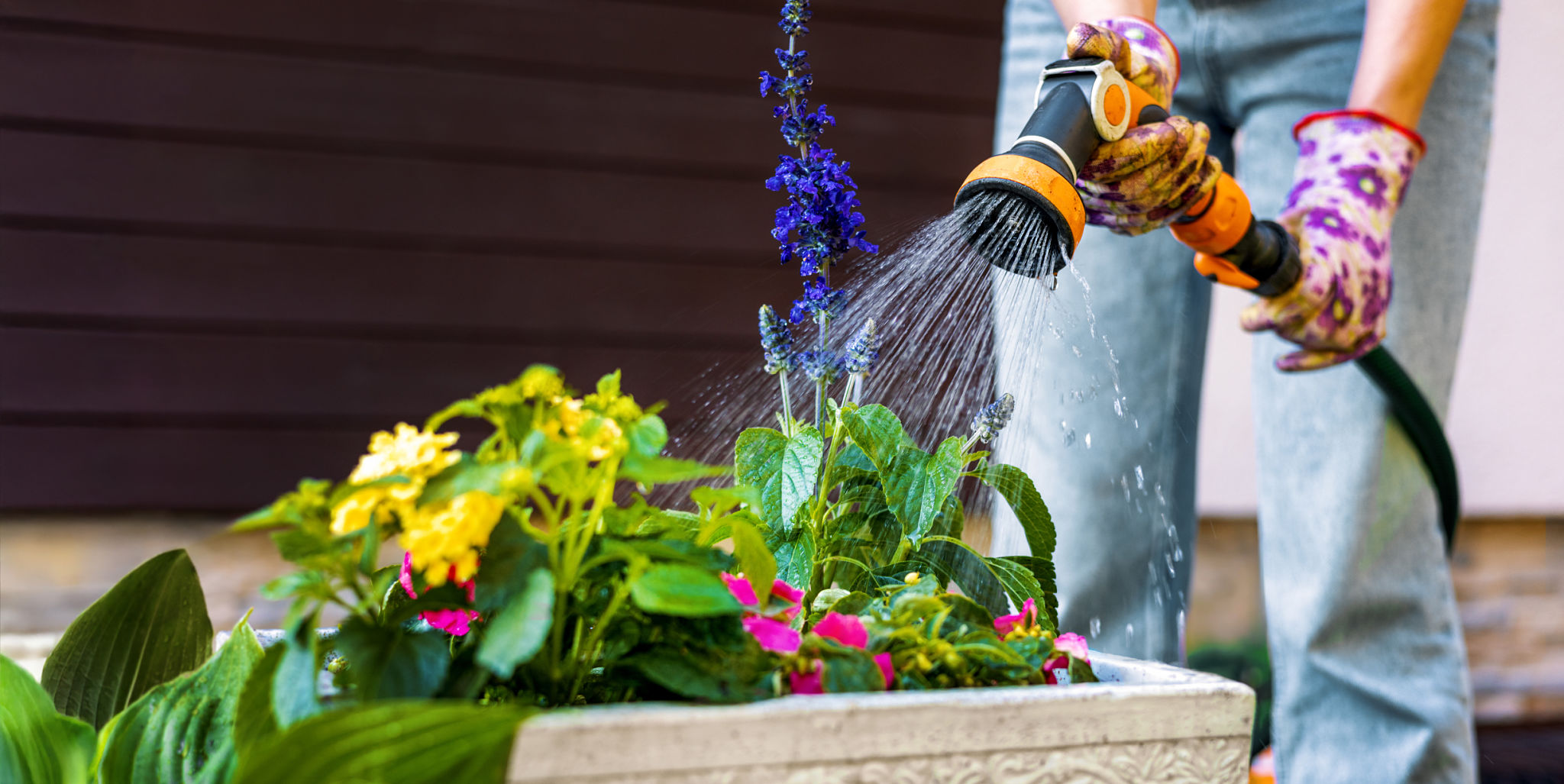Common Landscaping Myths Debunked: What Really Works?
Landscaping is a beautiful way to enhance your outdoor space, but there are many myths that can lead you astray. It's time to debunk some of these common misconceptions and reveal what truly works in the world of landscaping.
The Myth of "Instant" Landscaping
One of the most prevalent myths is the idea that you can achieve a perfect landscape overnight. While it would be wonderful to see immediate results, landscaping is a process that requires time and patience. Plants need time to establish themselves, and the ecosystem of your yard must develop naturally.
Instead of seeking instant results, focus on creating a solid plan that considers the long-term growth and health of your plants. This approach will lead to a more sustainable and beautiful landscape in the future.

All Grass Is Created Equal
Another common misconception is that all grass varieties are the same. In reality, different types of grass have unique needs and characteristics. Choosing the right grass for your climate and soil conditions is crucial for achieving a lush, green lawn.
Caring for Your Grass
Proper care involves understanding the specific requirements of your chosen grass type, such as watering needs, fertilization, and mowing height. By tailoring your care routine, you can ensure a healthier and more resilient lawn.

More Water Equals Healthier Plants
While it's true that plants need water to survive, overwatering can be just as detrimental as underwatering. Many believe that more water will result in better plant growth, but this can lead to root rot and other issues.
Understanding Water Needs
The key is to understand the specific water requirements of different plants in your garden. Some plants thrive with minimal water, while others need consistent moisture. It's essential to find the right balance to promote healthy growth.

The Myth of Low-Maintenance Landscaping
The idea of a no-maintenance landscape is appealing, but the truth is that all landscapes require some level of upkeep. While you can design a low-maintenance garden, it will still need regular attention to stay healthy and attractive.
Striking the Right Balance
Consider using native plants, which are adapted to your local environment and typically require less maintenance. Additionally, incorporating mulching and proper plant spacing can reduce the need for frequent weeding and watering.

By debunking these common landscaping myths, you can create a more informed and effective approach to designing your outdoor space. Remember that the key to successful landscaping lies in understanding the unique needs of your environment and prioritizing sustainable practices.